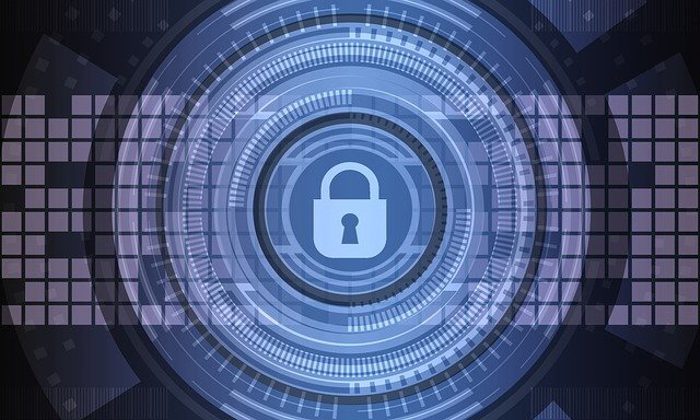How you can help protect yourself and our University
06 Apr 2022
Cyber security: be extra vigilant and aware

Phishing and related scams are when cyber attackers attempt to trick or fool you into doing something you should not do. Often these scams are sent as emails, but they can also try to trick you with text messaging, phone calls or on social media. Anytime someone is creating a tremendous sense of urgency and rushing you to take an action, or someone is promoting an offer that is too good to be true, this is most likely an attack.
Remember – JDLR. If it Just Doesn't Look Right, or sounds too good to be true, then it is likely phishing – trust your instinct, report it and then delete it.
Email and file transfers
- Actively look for phishing emails and follow the advice and reporting instructions detailed on the IT Services email phishing web page.
- If you receive a file and it asks you to run a macro, do not do this unless you absolutely trust the source. When opening files keep them in ‘protected mode’ as much as possible.
- Don’t click on links unless you are sure about their origin – again, follow the advice on the IT Services email phishing web page.
Logging in
- When logging on to your computer and into University services, ensure you are connected to the Global Protect Virtual Private Network (VPN) at all times as this has many benefits for the cyber security of the University. This applies whether you are on or off campus, and will require 2-factor authentication from Duo.
- If you use the Duo Mobile App and you receive an approval notification when you are not logging in, please don’t approve it as it could be somebody trying to login to your account. If this ever happens, visit the IT Account Manager straight away to change your password so it is completely different and can’t be guessed by anyone.
Passwords
- Ensure your passwords are secure, never disclosed and meet recommended standards – see the IT Services passwords page for advice. Immediately change any passwords you are concerned about.
Updates
- Ensure your computer has the latest security and software updates by connecting it to the University network regularly and running updates. If you can’t do this, turn the computer off until you can. Note that University-managed devices are set to update automatically.
If you need IT help and support please contact the IT Support Centre, 24/7 on 0161 306 5544.
